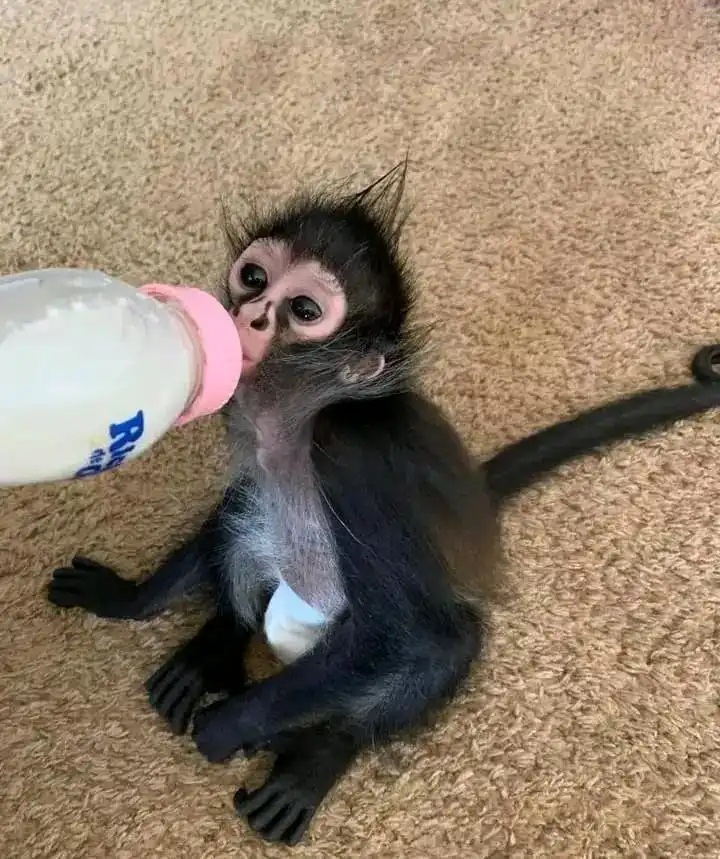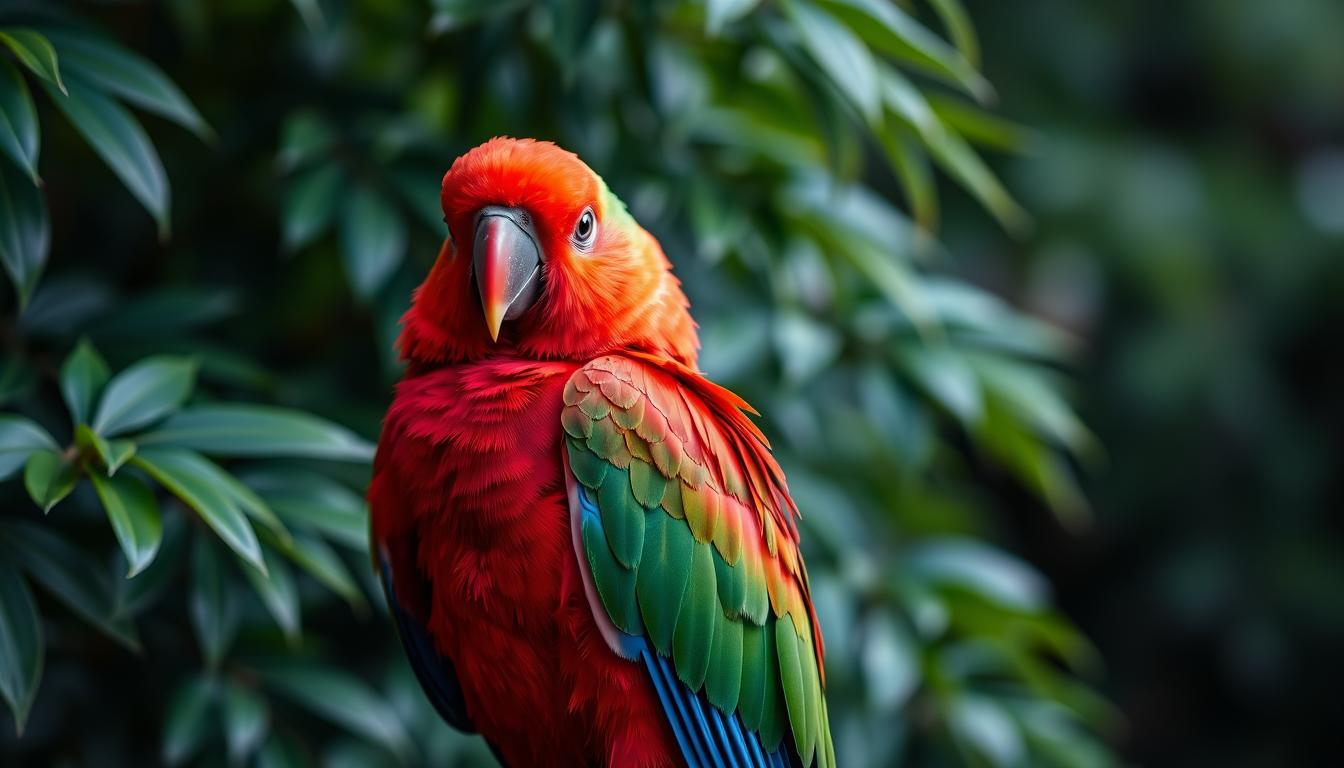
Complete Guide to Buying Baby Spider Monkeys
Baby spider monkeys for sale, If you’re considering adding a baby spider monkey to your family, it’s essential to approach the decision with care and knowledge. Spider monkeys are intelligent and social animals that require special attention and commitment. Here’s a comprehensive guide to help you navigate the process of acquiring a baby spider monkey.
Understanding Spider Monkeys
- Physical Characteristics: Baby spider monkeys are small, with long limbs and prehensile tails that enable them to swing through trees. They typically weigh around 1 to 2 pounds at birth.
- Social Nature: Spider monkeys are highly social animals, usually living in groups in the wild. They require social interaction to thrive, making it crucial to consider their social needs when bringing one into your home.
- Lifespan: In captivity, spider monkeys can live 20 to 30 years, so be prepared for a long-term commitment.
Legal Considerations
- Regulations: Before purchasing a baby spider monkey, check local and state regulations regarding exotic pet ownership. Laws vary widely by region, and some areas may prohibit the ownership of primates.
- Permits: Some states require permits for exotic animals. Make sure you understand the requirements in your area.
- Zoning Laws: Verify that your local zoning laws allow for the keeping of a spider monkey.
Finding Baby Spider Monkeys for Sale
- Reputable Breeders: Research licensed breeders who specialize in spider monkeys. Look for those with a good reputation, and ensure they follow ethical breeding practices.
- Animal Sanctuaries and Rescues: Consider adopting from animal rescues or sanctuaries. These organizations often have baby spider monkeys in need of homes due to abandonment or other circumstances.
- Exotic Animal Shows: Attend exotic pet expos where licensed breeders may showcase their animals. This gives you an opportunity to meet breeders and ask questions about their practices.
- Online Listings: While some websites may list baby spider monkeys for sale, exercise caution. Verify the seller’s credentials and ensure the animal is healthy and well cared for.
Costs of Ownership
- Purchase Price: Baby spider monkeys can range from $3,000 to $10,000 or more, depending on the breeder and the monkey’s lineage.
- Veterinary Care: Expect ongoing veterinary expenses, including vaccinations and regular check-ups. Specialized veterinary care for exotic animals can be costly.
- Diet: A proper diet is essential for a baby spider monkey’s health, which includes fruits, vegetables, and specialized primate food.
- Habitat Setup: Create a safe and stimulating environment, including a spacious enclosure, climbing structures, and enrichment toys.
- Socialisation and Training: Be prepared to invest time in socializing and training your monkey, as this is crucial for their behavioural development.
Preparing for a Baby Spider Monkey
- Environment: Ensure your home is monkey-proofed, removing any hazardous items. A secure, spacious enclosure with climbing opportunities is essential.
- Social Interaction: Plan to dedicate significant time each day to interact with your baby spider monkey. Consider adopting a companion monkey to prevent loneliness.
- Education: Research spider monkey behaviour, diet, and care requirements to ensure you can meet their needs.
Long-Term Commitment
Owning a baby spider monkey is a significant commitment that requires:
- Time and Attention: Daily interaction is crucial for their mental well-being.
- Financial Responsibility: Be prepared for ongoing costs related to food, veterinary care, and habitat maintenance.
- Emotional Investment: Building a bond with your monkey can be deeply rewarding but requires patience and understanding.
Conclusion
Adding a baby spider monkey to your family can be a unique and fulfilling experience, but it comes with considerable responsibilities. Ensure you are informed about legal requirements, find a reputable source, and prepare adequately for the challenges of ownership. Always prioritise the health and well-being of the animal and seek guidance from local animal welfare organisations as needed.










